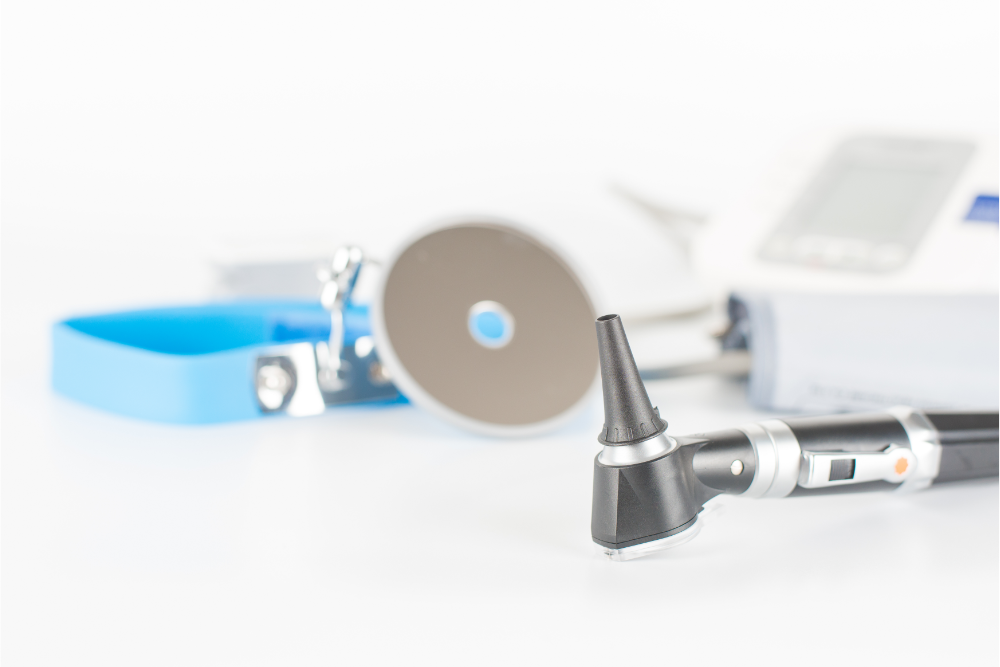When you’re dealing with persistent congestion or sinus infections, at some point, you’ll find it necessary to find an ENT specialist in Encino for treatment. While there is no shortage of professionals available, it helps if you take the following considerations to ensure you select the right professional for your situation.
1. Why would I need an ENT specialist?
ENTs are specialized doctors who diagnose, treat, and manage diseases and disorders related to the ears, nose, and throat, such as ear infections, hearing loss, sinusitis, voice disorders, and neck and head cancers. Given the interconnected nature of the ear, nose, and throat, it’s crucial to consult an expert who understands the intricate relationship between these parts to ensure comprehensive care.
2. What should I look for in an ENT specialist?
When shopping around for an ENT provider, use the following criteria:
- Board certification in otolaryngology.
- Experience is paramount; ascertain the number of years they’ve practiced and if they’ve handled cases similar to yours. It’s also best to consider their areas of specialization, especially if your condition is rare or requires surgical intervention.
- Referrals from primary care providers and other medical professionals.
- Directory of Certified Professionals on the American Academy of Otolaryngology-Head and Neck Surgery websites.
- Online and verbal reviews and recommendations from family, friends, and past patients. First-hand accounts can offer insights into a doctor’s bedside manner, efficiency, and success rates.
- Hospital and professional affiliations. The quality of these facilities can impact the overall standard of care you receive.
- List of in-network ENT specialists covered by your insurance.
- Communication is key. Choose a doctor who listens patiently, explains things, and addresses your concerns.
3. What questions should I ask during my first appointment?
Asking questions during your first ENT visit is crucial to clarifying any concerns, enhancing your understanding of potential conditions, and helping you make informed treatment decisions. This dialogue can also ease anxieties, allowing for a more collaborative approach to care and ensuring that the provided solutions align well with your health needs and preferences.
Some good questions to use during your first appointment include:
- What’s your experience treating my specific condition?
- Do you have any subspecialties? Some ENTs focus more on pediatrics, sleep disorders, or surgeries.
- What treatment options should I consider for my condition? Are there both surgical and non-surgical paths?
- How often do you perform the needed procedure? If surgery is recommended, how often have you performed it? What are the potential risks and benefits?
- What are the potential risks and benefits of the suggested treatment?
- Are there lifestyle changes or alternative treatments that could benefit my condition?
- Will I require ongoing treatment or check-ups? If so, how often?
- Can you provide an estimate of the treatment costs? Will insurance cover it?
- Would you recommend getting a second opinion for my condition?
- How can I reach out if I have further questions or if complications arise?
Remember, your health is paramount. Asking the right questions ensures you gather comprehensive information, enabling you to make informed decisions and actively participate in your healthcare journey.
4. Will my insurance cover the visit and any subsequent treatments?
Insurance coverage for ENT care varies widely depending on policy and the specific services required. Review your insurance plan and contact your provider to determine your coverage levels, whether they are an in- or out-of-network provider, co-payments, and any potential out-of-pocket expenses for ENT consultations, procedures, treatments, and any necessary follow-up care. Ultimately, while insurance can alleviate financial burdens, it’s imperative to prioritize your health when making decisions.
5. Are there any red flags I should be aware of?
When choosing a medical specialist, beware of red flags like a lack of board certification, poor patient reviews, and a history of malpractice claims or disciplinary actions. Additionally, poor communication, lack of transparency about fees, and unavailability for follow-up or emergency care should also raise concerns about the specialist’s reliability and competence.
Stay alert for:
- Overbooking or consistent delays in appointment times
- A doctor who doesn’t listen or rushes through appointments
- Lack of clear communication or unwillingness to answer questions
6. What if I’m not satisfied with my ENT?
Medical consultations are not only about receiving treatment; they also hinge on trust, understanding, and comfort between the patient and the doctor. If you’re unsatisfied with your ENT specialist, it’s vital to acknowledge your concerns. The reasons for dissatisfaction often range from a perceived lack of attention or misunderstanding to concerns about the prescribed treatment.
Your health is of utmost importance. If you don’t feel comfortable with your ENT, you can seek a second opinion or find another specialist. But first, consider communicating your feelings and concerns directly to the doctor. Sometimes, miscommunications can be clarified, enhancing your care experience. If the issues persist or you’re uncomfortable with the provided care, get a second opinion. Another ENT specialist can offer fresh insights or alternative approaches to your condition. Remember, your health and well-being are paramount. It’s okay to switch doctors until you find the right fit. Your health journey should be collaborative and empowering.
7. How often should I see my ENT after the initial visit?

However, chronic or more severe ailments, such as persistent hearing loss, voice disorders, or tumors, often require multiple visits to monitor progress, adjust treatments, or assess recovery post-procedure. Additionally, if surgical intervention is involved, post-operative appointments are crucial to ensure healing is on track and to address any complications.
Always prioritize the doctor’s recommendations, but don’t hesitate to ask questions. Understanding the rationale behind the suggested frequency of visits keeps you informed and actively involved in your healthcare journey and enhances the outcome.
Conclusion
Choosing the right ENT specialist in Encino involves some effort and a combination of research, recommendations, and assessing your level of comfort with the physician. You know your health concerns, so open the lines of communication and trust your instincts to prioritize your health. With the right board-certified ENT doctor by your side, you’re on the path to better ear, nose, and throat health and well-being.

